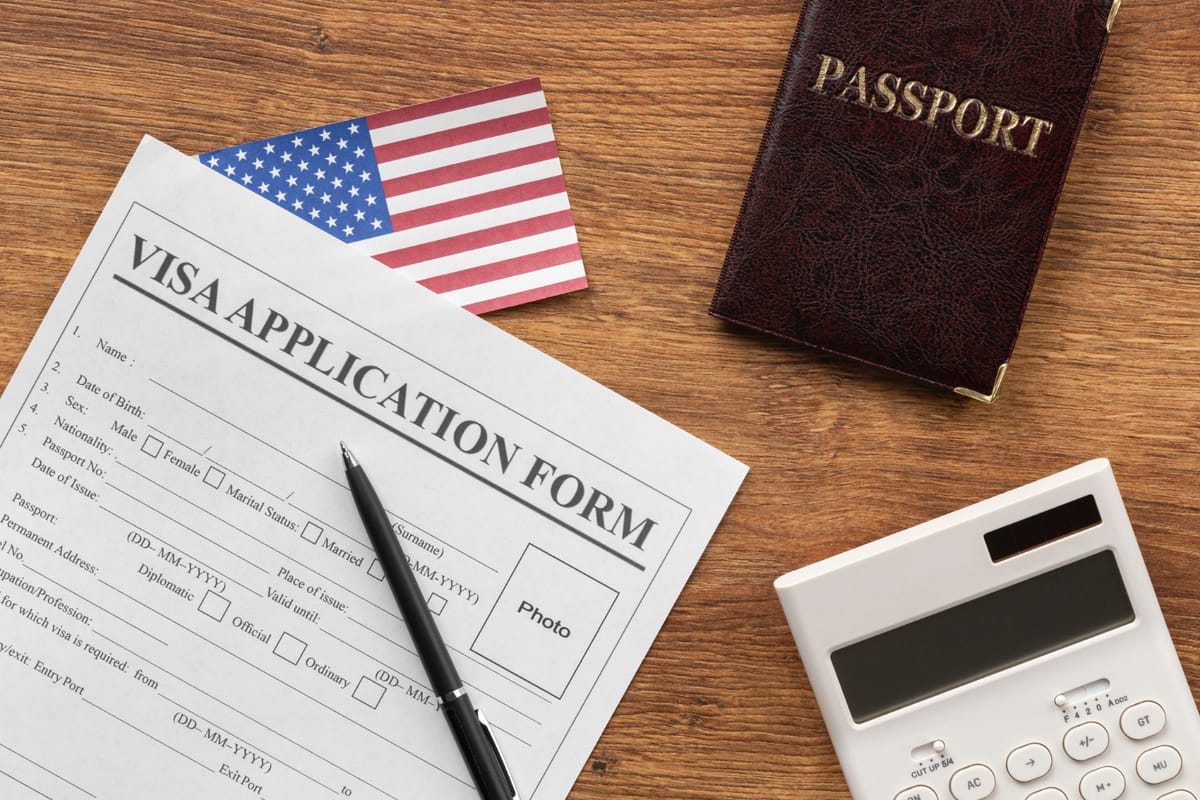Know Your Immigration Compliance Obligations as a U.S. Employer

Your guide to avoiding penalties, protecting your workforce, and staying compliant
At VisaLex, we don’t just help you bring top global talent to the U.S.—we ensure you're protected every step of the way. Whether you're hiring foreign nationals on H-1B, L-1, TN, O-1, or employing green card holders, compliance with U.S. immigration laws isn’t optional—it’s essential.
Below are the key obligations every U.S. employer should be aware of when hiring or managing foreign national employees.
1. Form I-9 and E-Verify Requirements
All U.S. employers must complete and retain Form I-9 for every employee, verifying their identity and employment authorization. Failure to do so can result in significant fines.
- Ensure each section is completed accurately and within the required timeline.
- Reverify expiring work authorization as needed.
- Consider enrolling in E-Verify, especially if you're a federal contractor or operating in a state where it’s mandatory.
2. Public Access File (PAF) Compliance
If you sponsor employees on H-1B or E-3 visas, you’re required to maintain a Public Access File containing specific documents related to the Labor Condition Application (LCA), including:
- Signed LCA and wage documentation
- Notice postings at the worksite
- Summary of benefits offered to employees
This file must be available for public inspection and maintained for at least one year after the LCA expires.
3. Timely Updates and Amendments
Any material changes to the employee’s job—such as location, salary, title, or duties—may require:
- An amended H-1B petition
- New LCA filings
- Updated PAFs or PERM applications
Failure to notify USCIS or the Department of Labor (DOL) about changes can lead to visa revocation or future denials.
4. H-1B Wage and Worksite Obligations
You are obligated to pay the required wage stated in the LCA and ensure the employee only works at authorized locations. Missteps here are among the most common triggers for DOL audits.
5. Recordkeeping and Audit Readiness
Employers should be prepared for site visits or audits from USCIS or the DOL. Keep detailed records of:
- Work authorization documentation
- Visa petitions and approvals
- PERM and I-140 files
- Payroll and timesheets (especially for part-time H-1B workers)
6. Termination and Withdrawal Obligations
If a foreign national’s employment is terminated, you must:
- Notify USCIS immediately to withdraw the petition
- Offer to cover the reasonable cost of return transportation (for H-1B workers)
Neglecting this step could result in continued liability and affect your company’s future petitions.
7. Anti-Discrimination Laws
Avoid employment practices that discriminate based on citizenship or immigration status. The Immigrant and Employee Rights (IER) section of the DOJ enforces these rules.
How VisaLex Can Help
Immigration compliance is complex—but you're not alone. At VisaLex, our legal and compliance teams help employers:
- Develop internal I-9 and LCA audit protocols
- Respond to USCIS or DOL audits
- Manage visa expirations, amendments, and renewals
- Avoid costly penalties and ensure peace of mind
Need help staying compliant?
Schedule a compliance consultation with our team today.
Visit www.visalex.com or call 1-844-VISALEX.
